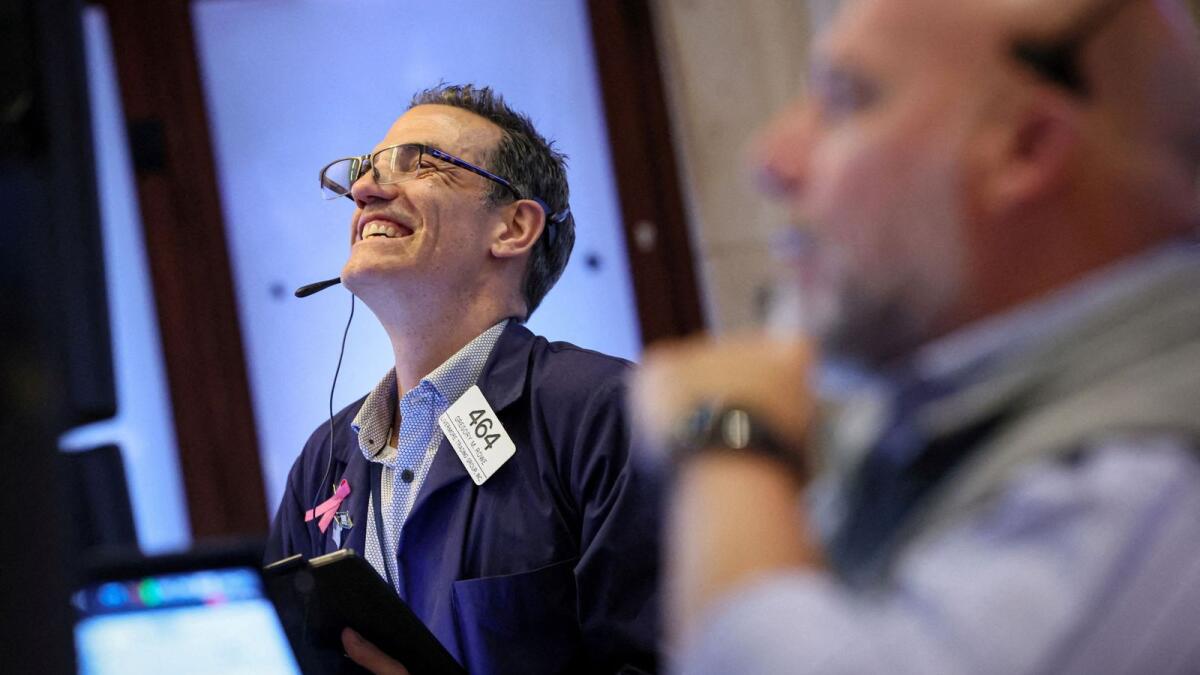Activist investors have been targeting a record number of companies globally during the first six months of 2024, according to data from Barclays. However, companies have been successful in defending themselves against these campaigns, making it difficult for activists to break into boardrooms. Some notable examples of activist investor campaigns include Elliott Investment Management’s targeting of Southwest Airlines, Starboard Value taking on design software maker Autodesk, and Jana Partners pushing for changes at silicon carbide maker Wolfspeed.
The surge in activist investor activity may lead to more costly battles between shareholders and management over leadership changes, spin-offs, and outright sales in the coming months. While the increase in activity is evident, the uncertainty surrounding interest rate cuts, geopolitical turmoil, and the upcoming US presidential election could make corporate fights even tougher. According to Jim Rossman, Global Head of Shareholder Advisory at Barclays, activists may have to stay around longer to see results due to fewer transactions despite increased activity.
Barclays tracked 147 activist campaigns in the first half of the year, breaking the previous record set in the first six months of 2018. During the second quarter, 86 campaigns were launched, with Elliott being the busiest activist, launching 11 new campaigns and committing $11 billion in capital. Although not every campaign focuses on gaining board seats, the number of seats won serves as a measure of how well companies are defending themselves. However, dissidents winning 74 seats in the first half is a decrease from the same period last year.
In US proxy fights, activists won only 11 percent of the seats they sought, down from 65 percent in 2023. Management’s ability to persuade shareholders that their current strategy and board directors are more qualified than the activists’ nominees has been key in their success. For instance, hedge funds Trian Fund Management and Blackwells Capital lost high-profile fights to seat nominees at entertainment giant Disney, and shareholders at wireless tower owner Crown Castle rejected co-founder Ted Miller’s appeal to elect him and others to the board.
While activists had an average return of 18 percent last year, newcomers trying their hand at corporate fights have seen flat returns in the first five months of 2024. Veteran activists like Elliott and Carl Icahn are still securing directorships, with data showing “major activist hedge funds” obtaining 24 seats in the first half compared to 29 in 2023. The trend of pushing for change at tech firms, as seen with Sachem Head Capital Management joining the board at Twilio, remains popular, but some investors are shifting their focus to industrial companies.
Overall, the rise in activist investor activity in 2024 has led to more battles between shareholders and management over corporate changes. While companies have successfully defended against many campaigns, activists continue to push for board seats and strategic changes. The coming months may see an increase in costly battles as more activists dig in and stay longer to see their desired results. As the landscape of corporate activism evolves, it will be interesting to see how companies and investors navigate these challenging times.











